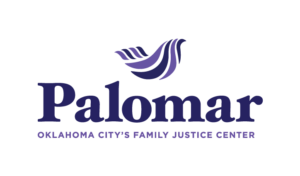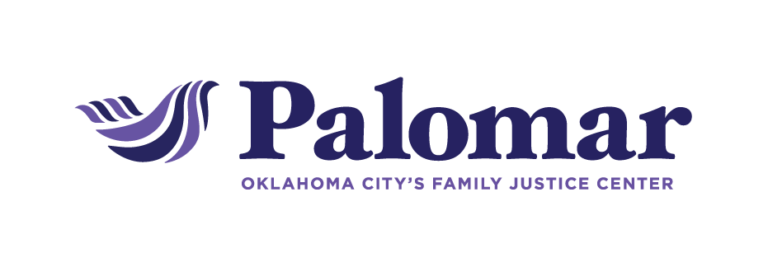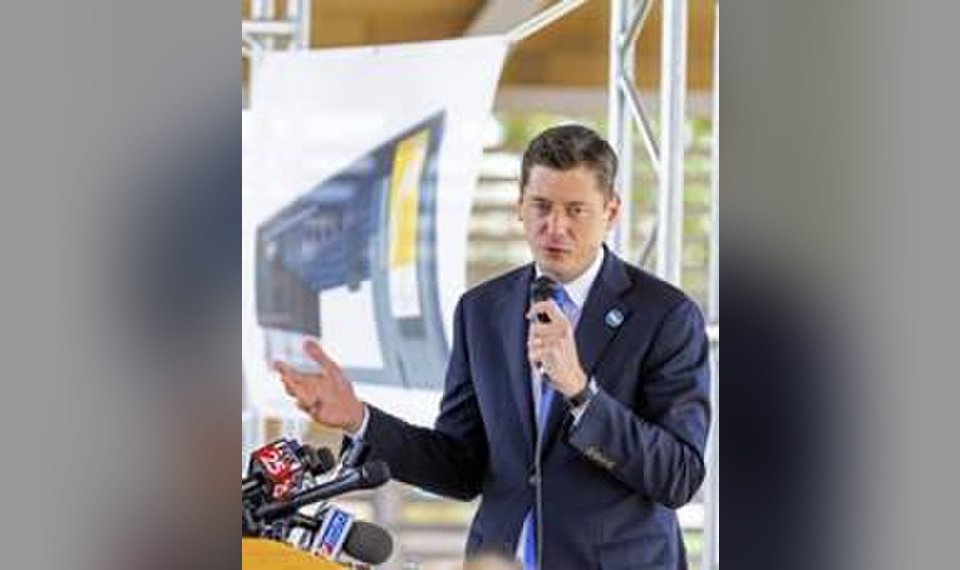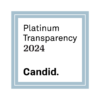Mayor David Holt sees the next proposed iteration of the Metropolitan Area Projects, or MAPS, as unique in that it reaches “to the neighborhoods and into people’s daily lives.” It’s certainly the most ambitious MAPS ever.
Holt’s proposal, approved Tuesday by the city council, is to extend the existing MAPS penny sales tax for eight years and raise just shy of $1 billion for 16 projects ranging from sports facilities to mental health services to a new animal shelter.
It’s a menu of projects that aims to address concerns that previous MAPS have been too downtown-centric, even though the remarkable revitalization of the downtown core, kick-started by the original MAPS, has benefited the city as a whole.
Voters approved the first MAPS penny sales tax in 1993, and it produced the Bricktown ballpark, the canal, a new library, the downtown arena, improvements to State Fair Park and a refurbishing of the Civic Center Music Hall. Next came MAPS for Kids, which upgraded public schools throughout the city.
MAPS 3 was approved in 2009 and lasted nearly eight years, raising more than $800 million for such things as a convention center, the streetcar system, senior wellness centers, the Riversport Rapids, and sidewalks and trails. It successor was MAPS for streets, which expires next March.
Collections for MAPS 4, if approved by voters, would begin in April 2020. Among the projects on the ballot:
• $215 million for sports facilities — $115 million to upgrade Chesapeake Energy Arena; $63 million for an arena at the state fairgrounds, and $37 million for a new home for the OKC Energy that could be used for other football and soccer needs and for concerts.
• $70 million to build at least four youth centers focused on after-school and summer programming.
• $38 million for a permanent site for Palomar family justice center, which assists victims of domestic violence and has been cramped since its opening in 2017.
• $89 million to address other social concerns — $22 million for a “restoration center” with mental health and addiction services; $50 million for affordable housing, with an aim at reducing homelessness; and $17 million for a “diversion hub” to help provide alternatives to jail for low-level criminal offenders.
• $175 million for quality-of-life upgrades — $87 million for more sidewalks, bike lanes, streetlights and trails; $63 million to improve every community neighborhood park and community, and $25 million to beautify the city’s major traffic corridors.
The proposals to upgrade Chesapeake Energy Arena and to spend $71 million on an “innovation district” have come under some criticism, and council members expressed reservations about parts of the resolution.
But ultimately the council voted unanimously to approve the package as Holt proposed, which he says is “going to change neighborhoods and it’s going to change lives.” It certainly has that potential. As always, though, it falls to Oklahoma City voters to decide whether they’re on board.



